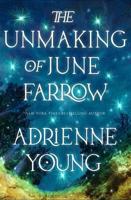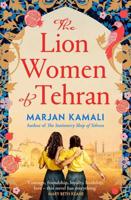Publisher's Synopsis
This historic book may have numerous typos and missing text. Purchasers can usually download a free scanned copy of the original book (without typos) from the publisher. Not indexed. Not illustrated. 1913 edition. Excerpt: ... NOTES TO CHAPTER TWENTY-NINTH Note 1. This tale relates to the times of Haroon ErRasheed; and may perhaps be founded on fact; for there was, in the reign of that Khaleefeh, an intendant of the tribute of Egypt named El-Khaseeb, the son of 'Abd-ElHameed. Aboo-Nuwas has made honourable mention of him in the following verses: -- * If our camels visit not the land of El-Khaseeb, ' what man after El-Khaseeb shall they visit? For liberality hath not passed beyond him, nor hath it alighted behind him; but liberality goeth whithersoever he goeth. He is a man who purchaseth eulogy with his wealth, and who knoweth that the periods of fortune revolve. In our tale, El-Khaseeb is improperly called Lord, and Sultan, of Egypt. Note 2. "Ghazaleh" is "a gazelle;" but here it is a proper name. Notes. "Jemeeleh" signifies "beautiful," "lovely," "good," &c. Note 4. "The gratuity for the key" (hulwan el-miftah) is a fee which is still commonly given on hiring a house or chamber. 1 I translate these verses from the printed edition of El-Mekeen ("ElmaeiniffistoriaSaraeenica"), page 119, in which they are given both in the Arabic and in Latin; but with unaccountable errors in the original and the translation. In the Arabic is an error which corrupts the first verse in measure, rhyme, and sense. iKhaseeb signifies "fruitful," &c. Note 5. See the fifth paragraph of Note 2 to the Introduction. Note 6. The word rendered "Pearl" (namely "lulu-ah") also signifies "a wild cow," a species of bovine antelope. Each sense is appropriate if it be meant (as I suppose it is) to convey an allusion to the lady Jemeeleh. Note 7. Literally "around." I suspect that a copyist has altered this passage, imagining the word "sakiyeh" to signify here "a water-wheel for irrigation" when...









